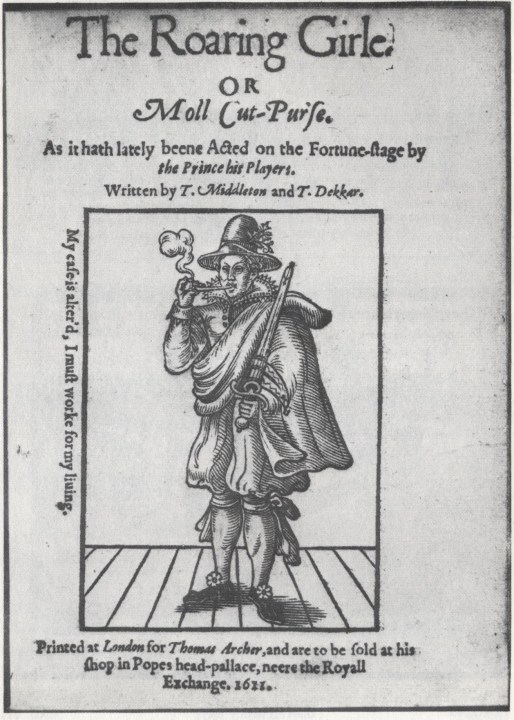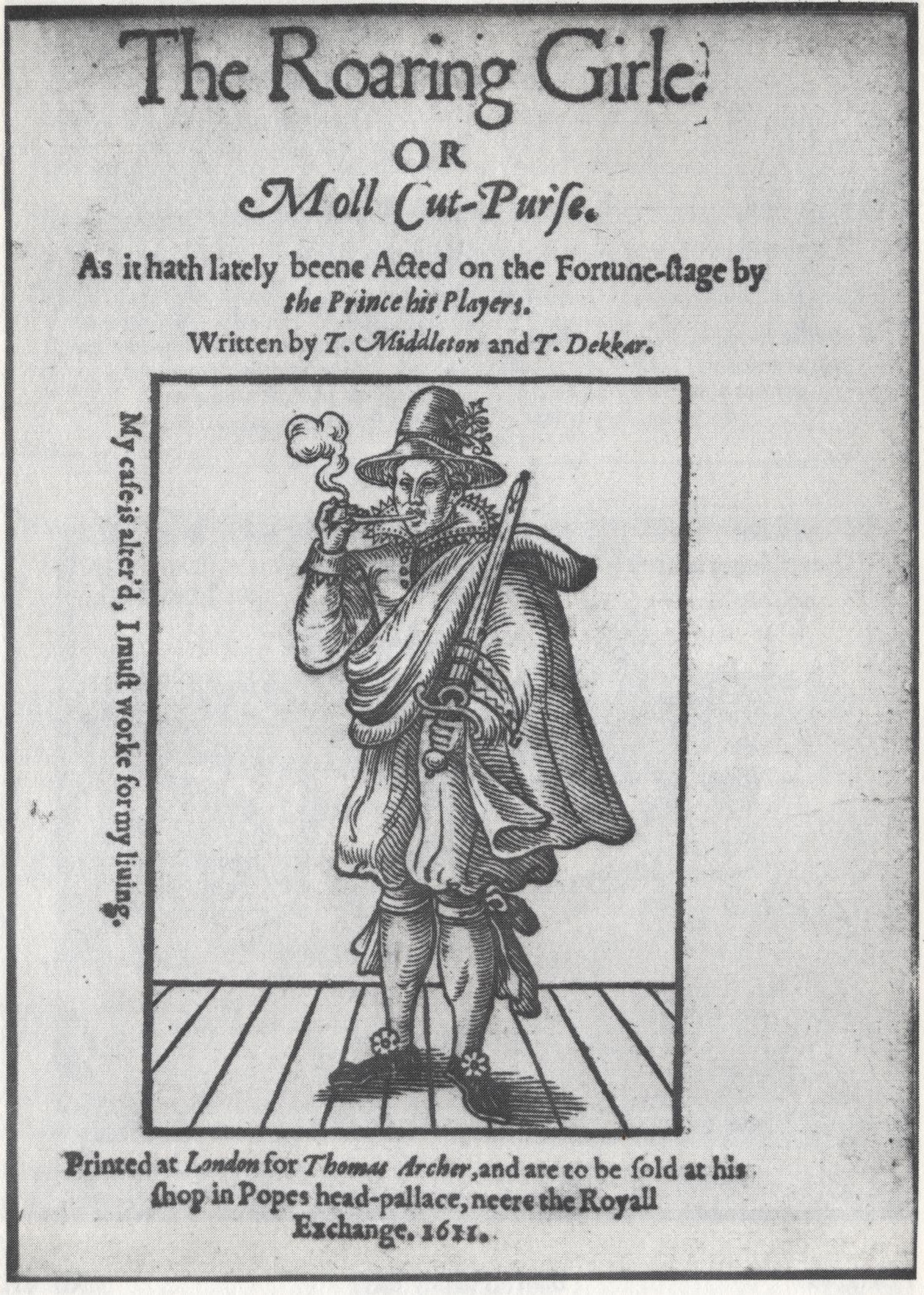There’s a problem, as we all know, with female roles in the theatrical canon, and it reaches all the way back to the Bard. Shakespeare’s women lack the richness and variety of his male characters. Modern theatre practitioners have tried all kinds of ploys to correct this imbalance. Next month the RSC launches a season of dramas, Roaring Girls, written during Shakespeare’s lifetime and featuring women in pivotal roles.

Disagree with half of it, enjoy reading all of it
TRY A MONTH FREE
Our magazine articles are for subscribers only. Try a month of Britain’s best writing, absolutely free.
Already a subscriber? Log in








Comments
Join the debate, free for a month
Be part of the conversation with other Spectator readers by getting your first month free.
UNLOCK ACCESS Try a month freeAlready a subscriber? Log in